The Ethics Of Wildfire Betting: A Case Study Of Los Angeles
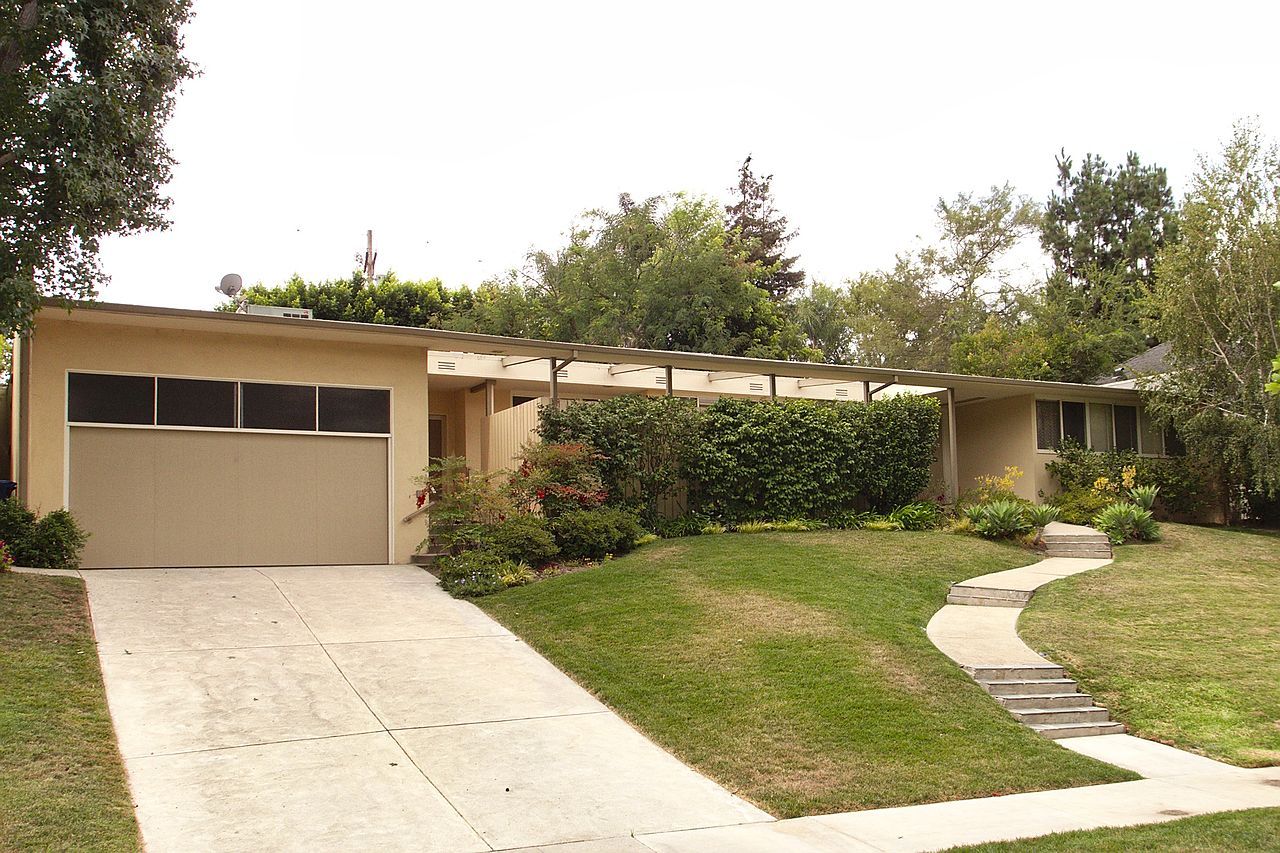
Table of Contents
The Financialization of Disaster: Understanding Wildfire Betting Markets
The increasing frequency and intensity of wildfires have inadvertently created new avenues for financial speculation, a phenomenon we term "wildfire betting." This isn't limited to casual bets among neighbors; it encompasses more sophisticated financial instruments. Several forms exist:
- Insurance Payouts: Insurance companies, while primarily offering risk mitigation, become participants in an unintentional form of wildfire betting. The payouts they make are directly tied to the extent of wildfire damage.
- Derivatives Markets (Potential): Although not yet explicitly developed for wildfires, the potential exists for the creation of derivatives linked to wildfire risk indices. This could create a complex market where investors bet on the intensity and location of future wildfires.
- Informal Bets: Informal wagers, ranging from friendly bets among acquaintances to potentially larger, unregulated pools, represent a less visible, but nonetheless significant, aspect of wildfire betting.
The potential for profit is substantial, particularly for those with access to advanced predictive modeling and accurate data. However, this profitability comes with inherent risks. Insurers face the potential for massive payouts exceeding their reserves, while bettors risk significant financial losses if their predictions are wrong.
- Financial Instruments: Examples of potential instruments include catastrophe bonds (cat bonds), weather derivatives (adapting existing models), and even options contracts on indices measuring wildfire risk.
- Data and Predictive Models: Advanced modeling using weather patterns, vegetation density, and historical fire data plays a crucial role in wildfire betting, both for insurers assessing risk and for speculators making predictions.
- Market Manipulation: The potential for market manipulation and insider trading is a serious ethical concern, particularly if derivatives markets related to wildfire risk emerge. Access to privileged information could give some actors an unfair advantage.
The Moral Hazard of Wildfire Betting: Incentivizing Neglect or Arson?
The most troubling ethical dimension of wildfire betting lies in the potential for moral hazard. Does profiting from wildfires create an incentive to neglect preventative measures or, even worse, to commit arson? The possibility, however remote, is deeply disturbing.
- Negligence: Lack of proper forest management, inadequate building codes in high-risk areas, and insufficient public awareness campaigns are examples of negligence that could exacerbate wildfire risks. The existence of wildfire betting markets could indirectly incentivize such negligence.
- Arson and Difficulty in Proof: While proving a direct link between wildfire betting and arson would be exceedingly difficult, the mere possibility introduces a profound ethical dilemma. The potential for profit could tempt unscrupulous individuals to engage in criminal activity.
- Ethical Considerations for Insurers: Insurance companies have an ethical obligation to balance profit maximization with responsible risk assessment and prevention. Their role in the wildfire betting landscape requires careful scrutiny.
The Los Angeles Context: Unique Vulnerabilities and Ethical Dilemmas
Los Angeles presents a unique case study due to its particular vulnerabilities. The Santa Ana winds, coupled with the urban-wildland interface, create an environment highly susceptible to devastating wildfires. The city's vast population and diverse socioeconomic landscape amplify the consequences of such events.
- Wildfire Damage Statistics: Los Angeles has experienced billions of dollars in wildfire damage over the past decade, displacing countless residents and causing significant economic disruption.
- Impact on Vulnerable Populations: Low-income communities and marginalized groups often bear the brunt of the damage, highlighting the social justice implications of wildfire risk and the ethical responsibilities of mitigating it.
- Regulations and Policies: Existing regulations, while aiming to improve fire safety, are often insufficient to fully address the complex interplay between urban development, environmental factors, and wildfire risk.
Regulatory Frameworks and the Need for Ethical Guidelines
California, and Los Angeles specifically, have existing regulations concerning wildfire risk and insurance, primarily focused on building codes, forest management, and insurance fraud. However, the specific ethical implications of wildfire betting remain largely unaddressed.
- Insurance Fraud and Arson Laws: Current laws address insurance fraud and arson, but their effectiveness in deterring actions linked to wildfire betting needs further investigation.
- Ethical Guidelines: Developing ethical guidelines for wildfire risk assessment, financial instruments related to wildfire risk, and data transparency is crucial.
- Role of Government Agencies: Government agencies and regulatory bodies need to play a proactive role in overseeing the development and application of ethical guidelines, ensuring transparency, and deterring potentially harmful activities.
Addressing the Ethics of Wildfire Betting in Los Angeles
The ethics of wildfire betting present a complex challenge. The potential for moral hazard, the unequal distribution of risks and benefits, and the lack of specific regulatory frameworks underscore the need for immediate action. This includes not just preventing fraud and arson, but also fostering responsible practices in wildfire risk assessment and financial modeling. Let's continue the conversation on the ethics of wildfire betting, ensuring responsible practices and minimizing the risk of moral hazard in Los Angeles and beyond. Further research on the ethical implications of wildfire betting is crucial to protecting our communities. Understanding the ethics of wildfire betting is paramount for responsible risk management in the face of increasing wildfire threats.

Featured Posts
-
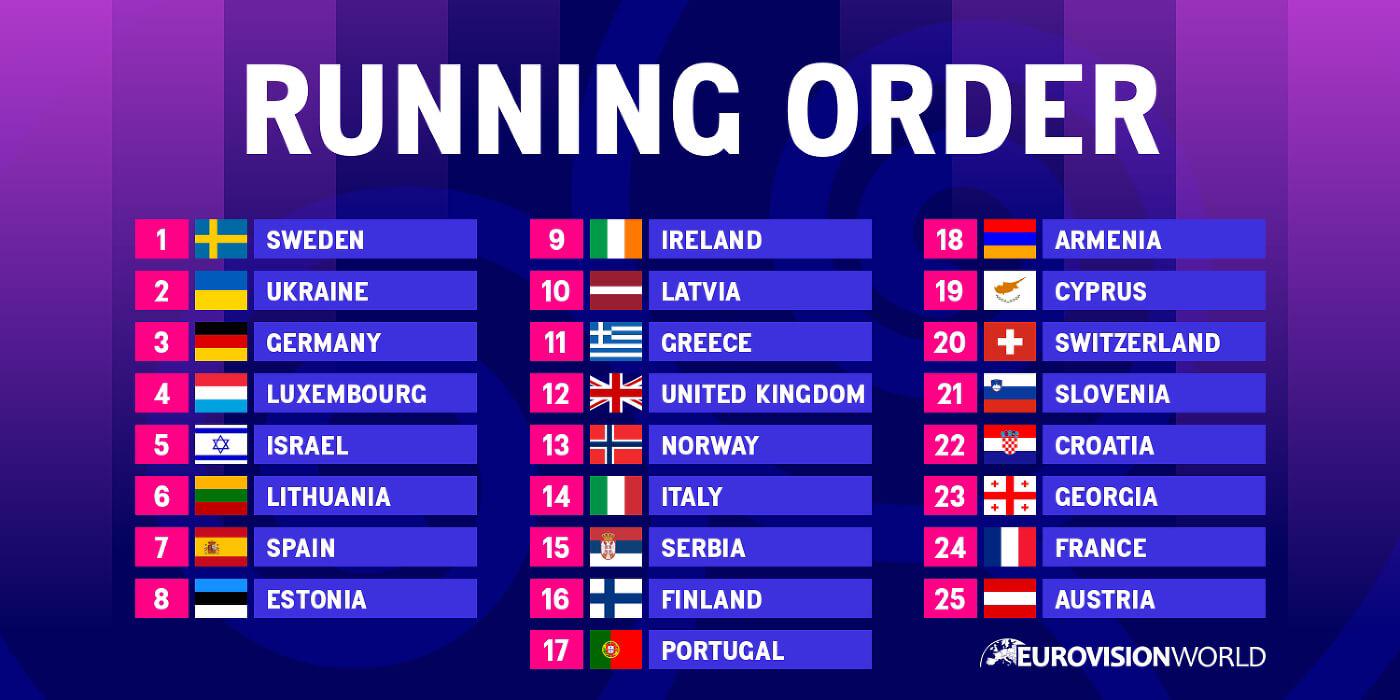 Eurovision 2025 Semi Finalists The Complete Running Order
Apr 25, 2025
Eurovision 2025 Semi Finalists The Complete Running Order
Apr 25, 2025 -
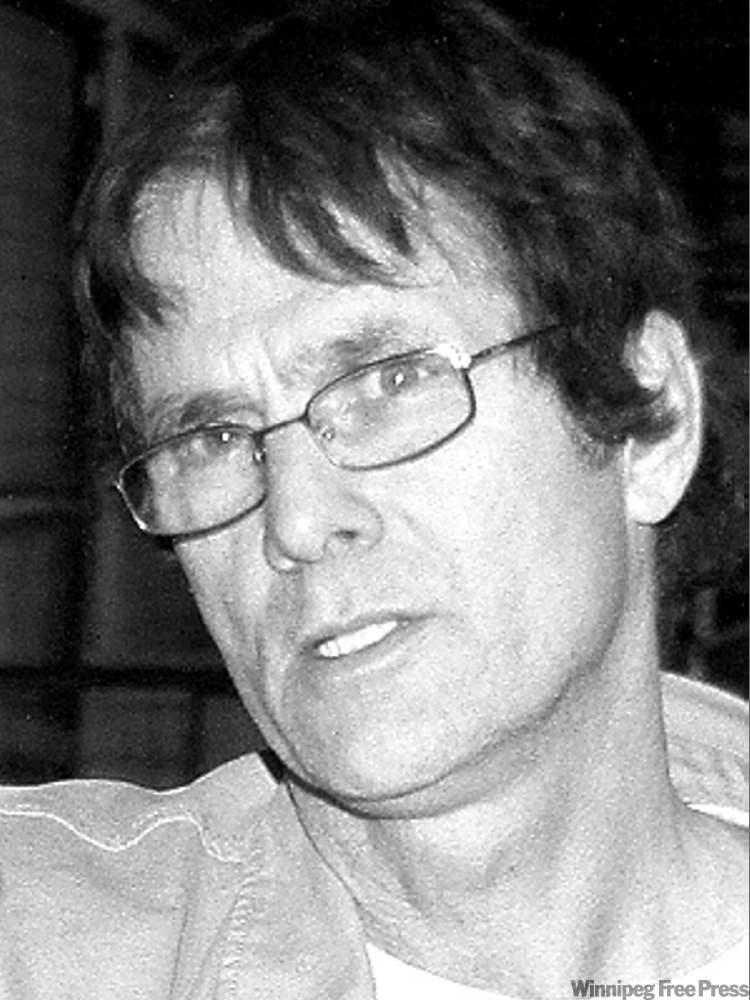 Winnipeg Named Hq Milgaard Family Awaits Commission Launch
Apr 25, 2025
Winnipeg Named Hq Milgaard Family Awaits Commission Launch
Apr 25, 2025 -
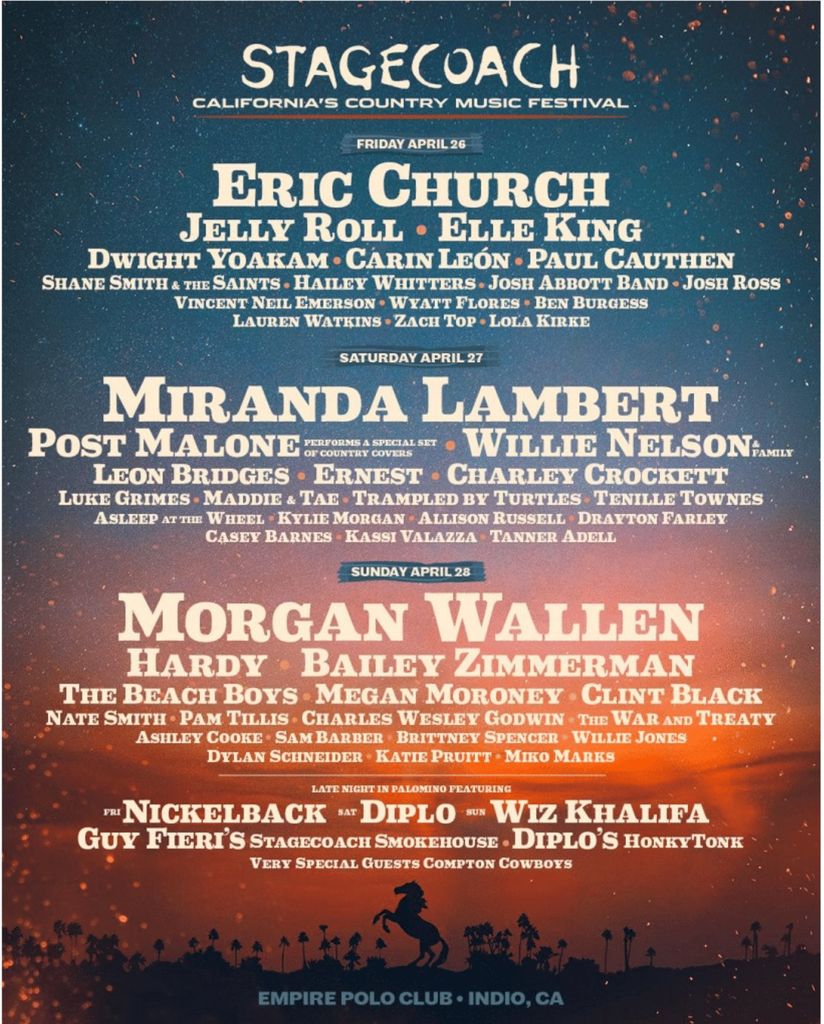 Stagecoach 2025 A Guide To The Country Pop And Desert Experiences
Apr 25, 2025
Stagecoach 2025 A Guide To The Country Pop And Desert Experiences
Apr 25, 2025 -
 Rare Trump Rebuke Putin Condemned After Kyiv Attacks
Apr 25, 2025
Rare Trump Rebuke Putin Condemned After Kyiv Attacks
Apr 25, 2025 -
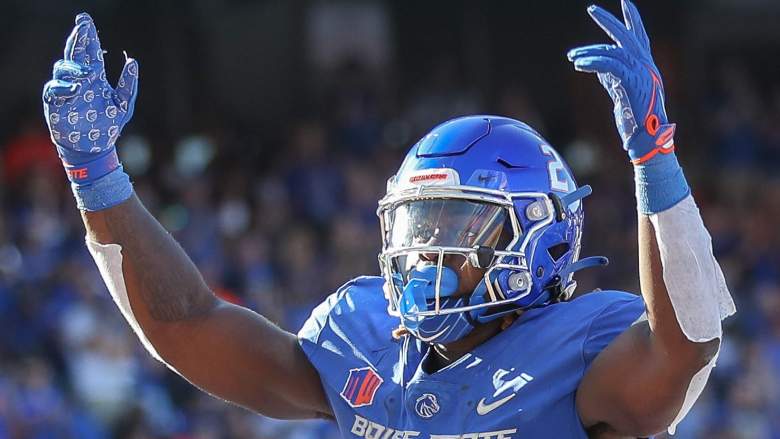 Is Ashton Jeanty The Chicago Bears 2025 Nfl Draft Target Analyzing The Hype
Apr 25, 2025
Is Ashton Jeanty The Chicago Bears 2025 Nfl Draft Target Analyzing The Hype
Apr 25, 2025
Latest Posts
-
 Is Eurovision Banning Pride Flags The Facts And Fallout
Apr 30, 2025
Is Eurovision Banning Pride Flags The Facts And Fallout
Apr 30, 2025 -
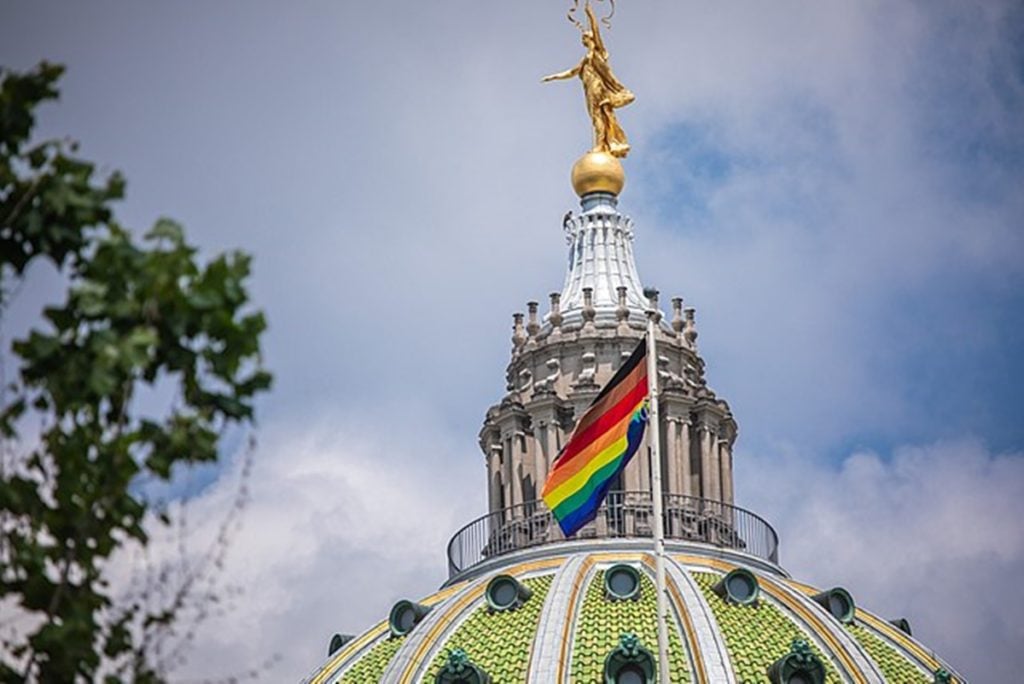 Eurovisions Controversial Pride Flag Ban A Deeper Look
Apr 30, 2025
Eurovisions Controversial Pride Flag Ban A Deeper Look
Apr 30, 2025 -
 Pride Flags Banned From Eurovision Stage Controversy Explained
Apr 30, 2025
Pride Flags Banned From Eurovision Stage Controversy Explained
Apr 30, 2025 -
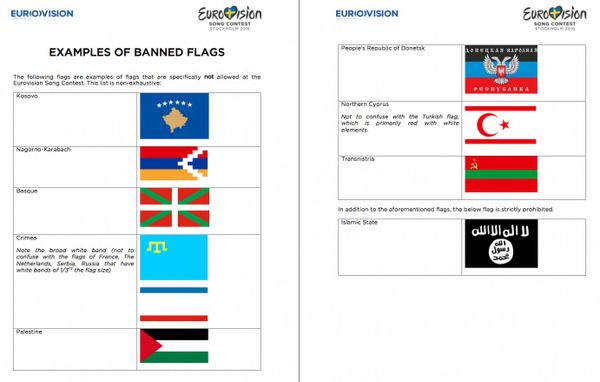 Eurovision 2024 Pride Flags Banned
Apr 30, 2025
Eurovision 2024 Pride Flags Banned
Apr 30, 2025 -
 Watch Eurovision 2025 Live Your Guide For Australian Viewers
Apr 30, 2025
Watch Eurovision 2025 Live Your Guide For Australian Viewers
Apr 30, 2025
